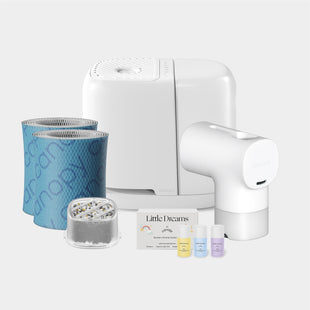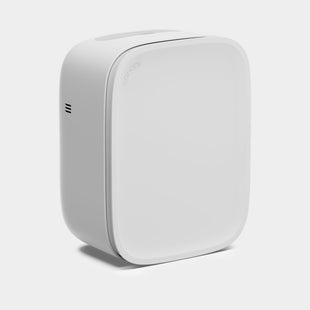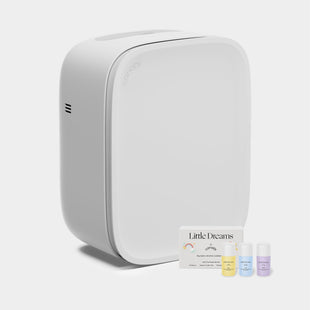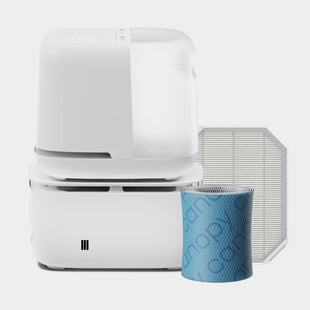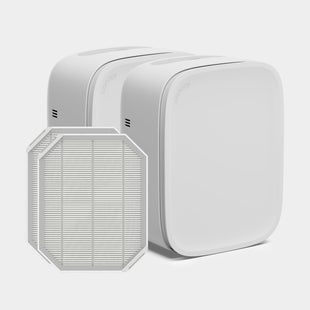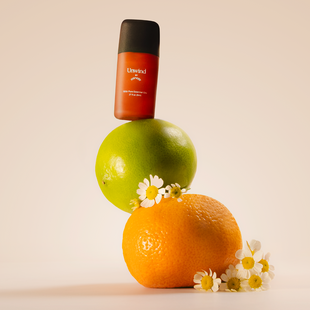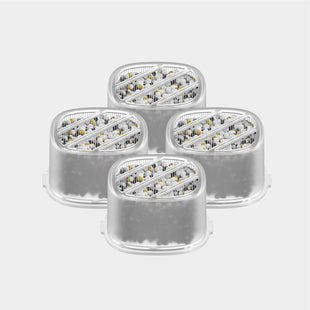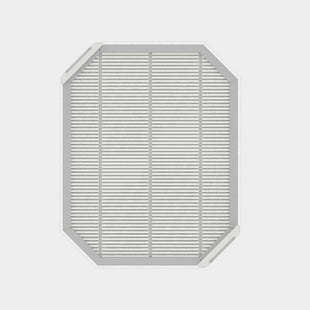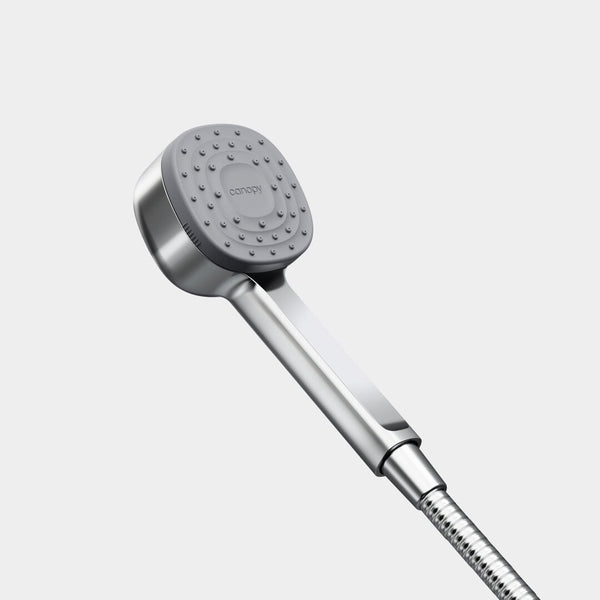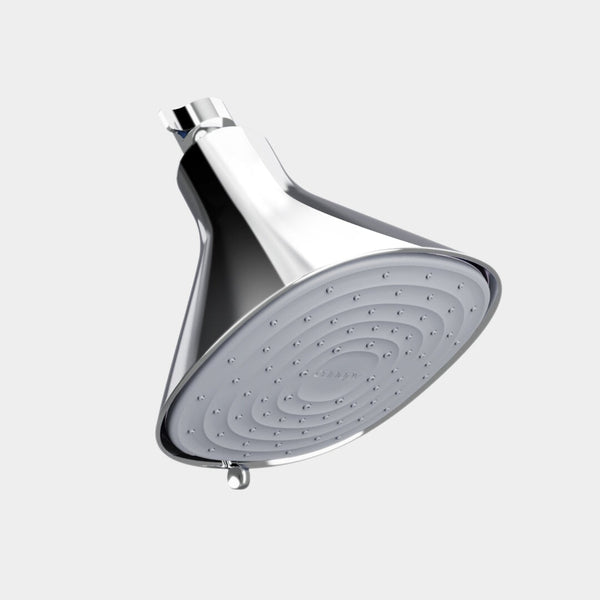If you’re undergoing surgery, you might think washing up should be one of the first things you do before leaving the house and after coming home. However, your surgical team will probably have specific instructions for you to follow depending on your procedure. It’s important to keep the surgical site clean and dry—but that doesn’t mean you should avoid washing altogether. Here are some basic guidelines for showering as surgery prep and aftercare.
Should You Shower Before Surgery?
Your skin isn’t sterile like the tools surgeons use, so it’s essential to minimize the presence of bacteria by taking a bath or shower before surgery. If you’re wondering how to shower before surgery, it won’t be much different than your normal routine—except for your soap.
The doctor might recommend washing with a special soap called chlorhexidine gluconate (CHG). CHG soap is much more effective than normal soaps at getting rid of germs, which helps reduce the risk of infection. Make sure to closely follow your care team’s instructions and the instructions on the CHG soap bottle.
This is the general process for showering before surgery:
- Use your normal shampoo and soap and rinse thoroughly before washing with CHG soap.
- Avoid shaving the area where you’ll be operated on, as it can irritate skin and increase your risk of infection.
- Before using CHG soap, turn off the water. This is to make sure it won’t get rinsed off too quickly.
- Scrub gently, giving extra attention to the area where the surgery will be performed. Avoid using CHG soap on your face, genital area, and wounds.
- Rinse off and let your skin air dry.
- Avoid using products like soap, perfume, or lotion after your shower to ensure the maximum effectiveness of the CHG soap.

The information from your doctor will tell you how far in advance to switch to this showering method, as well as other sanitation steps to take, like using fresh sheets and pajamas each night.
Keep in mind that CHG soap can cause itchiness, dryness, and redness, but these side effects shouldn’t last more than 30 minutes after use.
Tips for Showering After Surgery
Keeping the surgical site dry after an operation is meant to:
- Prevent bacteria from entering the incision
- Avoid the softening and weakening of the incision line
- Prevent any glue or adhesives from coming off too soon
That means it’s a good idea to skip the showers for at least a day and stick to sponge baths. Your discharge papers should give you specific guidelines for post-op care, which will include cleaning the surgical site. The pre- and post-op care instructions your surgical team gives you will help ensure the fastest and safest recovery, so it’s important to read and follow them to a T. If you have any questions, be sure to contact your doctor.
When you’re given the clear, follow these steps for taking a shower:
- Be careful about keeping your dressing clean and dry. You can use waterproof bandages or wrap your dressing in a plastic grocery bag or cling film.
- For precise washing, it’s best to use a handheld showerhead. We recommend our easy-to-install Handheld Filtered Showerhead, which removes chlorine, hard water minerals, and other contaminants from tap water that can dry out and irritate your skin. Our shower heads provide clean water that supports healthier skin.
- If you’ve been told you need to be non-weight bearing after an operation, invest in a shower bench or chair. This will help you stay steady as you clean up.
- Make sure to check the water temperature before stepping into the shower. Always use warm—not hot or cold—water. Excessively hot water can leave skin dry and itchy, and cold water is less effective for washing away dirt and oils.
- Wash with mild soap and water. After your shower, gently pat yourself dry.
Once your surgeon recommends removing your dressing, you can wash and rinse the incision carefully. Don’t put soap in open wounds while they’re still healing.
If you like to take baths, you’ll need to wait until the surgical incision closes completely. Avoid immersing yourself in pools, hot tubs, lakes, or any body of water that contains bacteria and can soak the healing wound. Massage treatments with oil, spa treatments involving mud or clay, and recreational events involving dirt or mud should also be delayed until you’re fully healed.
Showering is a key part of the healing process, so it’s essential that it’s done right. Proper techniques, products, tools, and professional guidance can go a long way in ensuring a successful recovery. The most important thing is to protect your incision while it’s closing.
Canopy makes it easy to protect your skin from dissolved minerals and added chlorine that can irritate skin, thanks to our filtered shower heads. Whether you prefer a wall-mounted shower head or the convenience of a handheld shower head, you’ll enjoy clean, filtered water and adjustable stream settings for a truly customized experience.









